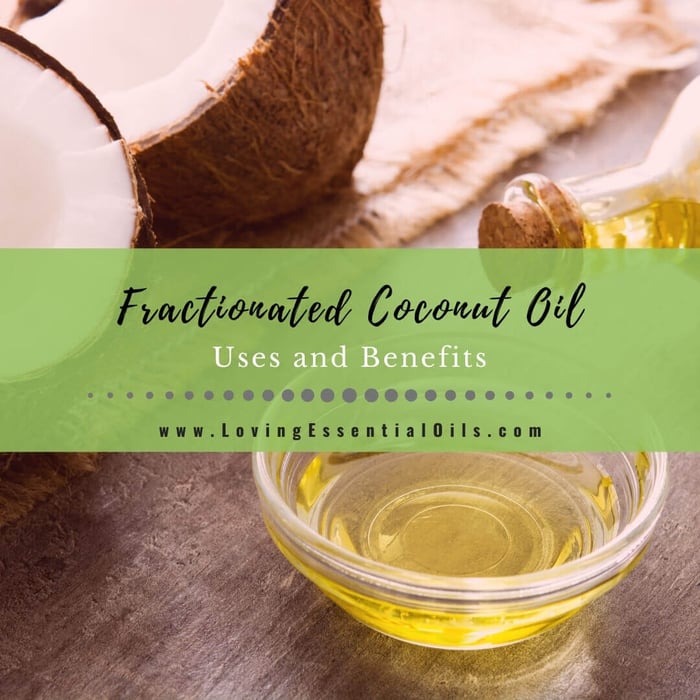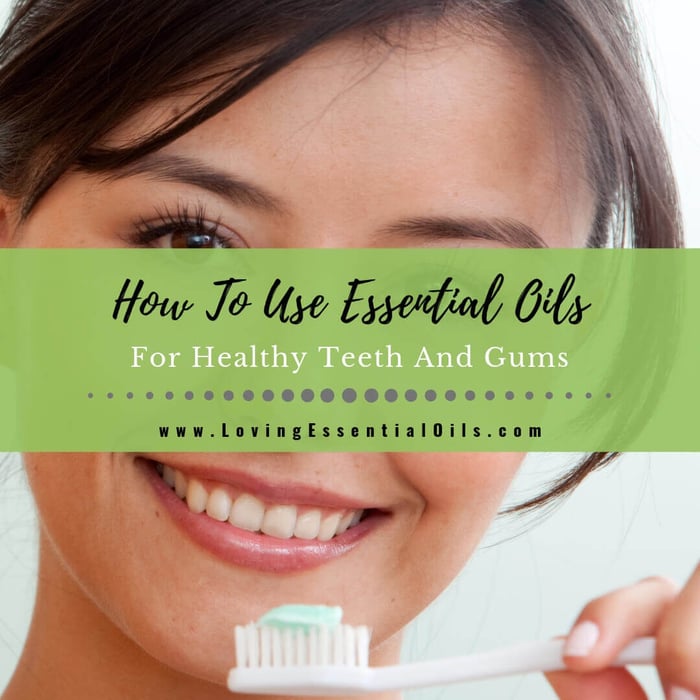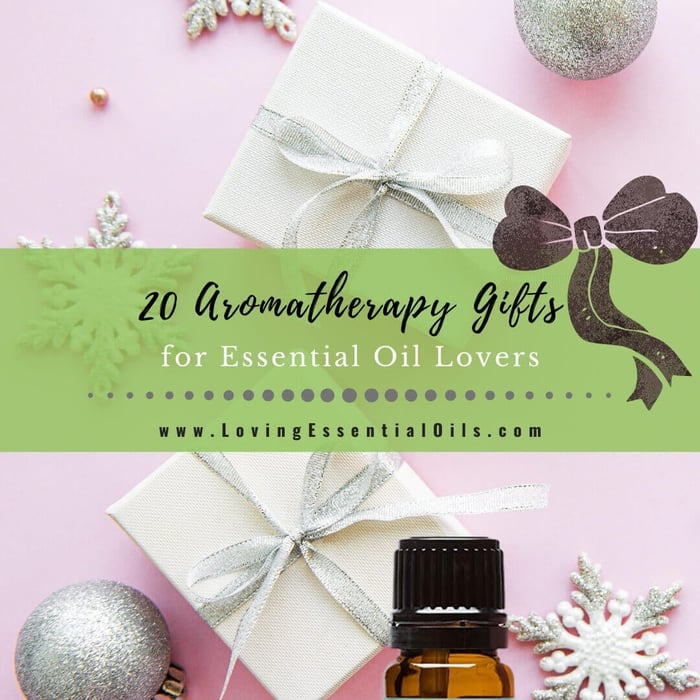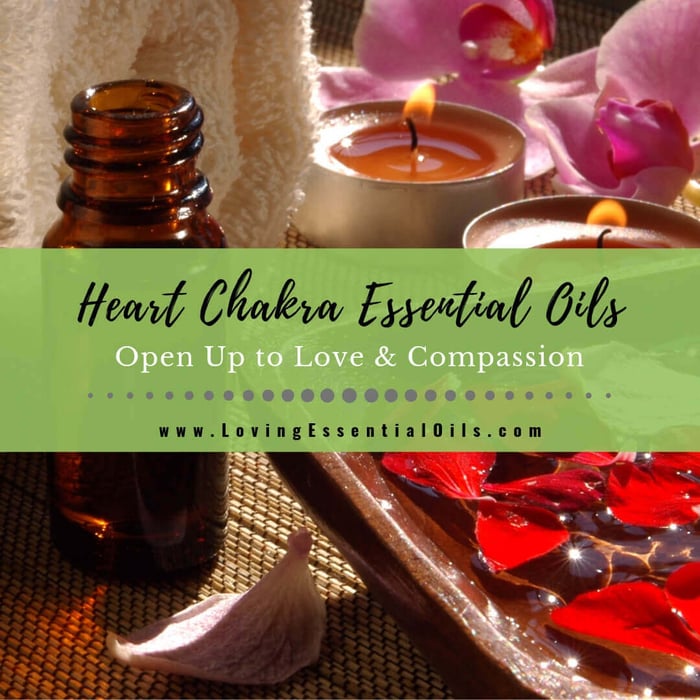Are you familiar with fractionated coconut oil? Fractionated coconut oil (FCO) is a carrier oil that can be used with essential oils. It is a perfect compliment for your oils as you will see.
It's a great moisturizer, makeup remover and so much more! This post will talk about fractionated coconut oil uses and benefits. You will also learn how to use fractionated coconut oil and essential oils together for natural wellness.
What is Fractionated Coconut Oil?
Coconut oil is one of the most popular natural vegetable oils for health and wellness due to its myriad of benefits and uses. Not only is it used in the grocery and beauty industries, but it is also a hot product in the essential oil space where it functions as a carrier oil.
Unlike regular coconut oil that is in a solid state and only liquid at warmer temperature, fractionated coconut oil is always in liquid form. This is great for your essential oils because it will allow you to apply your oils a lot easier!
Another difference between coconut oil and fractionated coconut oil is the smell. While I love the smell of coconut oil, I know some people don't. Good news, fractionated coconut oil is odorless.
Read More: FCO vs Virgin Coconut Oil

Fractionated Coconut Oil Benefits
Fractionated coconut oil is a good way to deliver the benefits of coconut oil without the greasy, waxy feeling. There are many benefits for using fractionated coconut oil (FCO):
- Quick and easy way to dilute essential oils for topical application.
- FCO is stable at all temperatures and environments so it won't ruin your oils.
- Does not leave a greasy residue, it is readily absorbed into skin.
- Has no odor, therefore it will not alter the aromatic properties of your essential oils.
- It is always in liquid form, this makes it great for pairing with your essential oils.
- FCO is colorless so it will not stain your clothes or other items.
- Has a long shelf life, which is great because many carrier oils go rancid quite easily.
- Allows your essential oils to go further by requiring less drops for topical application, this will save you money.
- FCO provides a soothing barrier to skin without clogging pores, excellent for dry or troubled skin.

Why You Should Dilute Essential Oils?
Some people believe that diluting essential oils will reduce their effectiveness, but this is not true. In fact, diluting essential oils increases the surface area of absorption, prevents skin sensitivities and enhances absorption through skin.
One great plus for fractionated coconut oil is that it does not leave a greasy residue, it is readily absorbed into skin. That is awesome to me. While I love how essential oils make my skin feel and smell, I do not want to feel like a grease pit.
FCO is one of my favorite carrier oils. I love that I can use it with my essential oils and not only does it make my essential oils easier to apply, it also allows my to use less essential oil drops, which saves me money.
Some essential oils are considered "hot oils", this just means that they will sting, burn and/or irritate the skin if applied tropically without dilution.
Common "Hot Oils" that Must Be Diluted:
- Oregano Essential Oil
- Cassia Essential Oil
- Clove Essential Oil
- Thyme Essential Oil
- Wintergreen Essential Oil
- Cinnamon Essential Oil
One time I used cassia essential oil on my wrists to help with nervousness but I forgot to dilute it first. It did irritate my skin and I felt some burning and stinging.
If something like this happens to you, add olive oil or fractionated coconut oil to the area. You can use milk too, in a pinch. You can also wash it with soap and water but water by itself will actually drive the oils in deeper exacerbating the problem.

Mixing Coconut Oil with Essential Oils
When you are using an essential oil topically, it should be diluted first before application, fractionated coconut oil is perfect. It is easy, apply about a quarter size of FCO in the palm of your hand and then add a few drops of essential oil to it, rub hands together to mix and apply to desired location.
As an alternative to mixing oils in hands, you can mix them into roller bottles and roll them onto the desired location. Fractionated coconut oil is a must have if you are making roller bottle recipes.
Click here to check out our blog post on roller bottles with recipes using FCO and essential oils.
Frequently Asked Questions About FCO
Here are some common questions about using FCO:
Does fractionated coconut oil smell?
Not to be confused with regular coconut oil, fractionated coconut oil is often used as a carrier oil in skincare and beauty products due to its moisturizing properties. FCO is a type of coconut oil that has been processed to remove long-chain fatty acids, leaving behind only the medium-chain fatty acids.
In terms of fragrance, fractionated coconut oil does not have a coconut smell like virgin coconut does. It has a clear color and is odorless which makes it a popular choice for those who are sensitive to smells.
Is fractionated coconut oil safe for everyone to use?
FCO is generally considered safe for everyone to use, however, it is important to test a small area of skin before wide spread use, like a massage. It is especially important if you have sensitive skin.
Is fractionated coconut oil considered a MCT oil?
Fractionated coconut oil is a popular choice among those looking to reap the benefits of MCT oils. It is made from processing regular coconut oil, and as its name implies, it breaks down fatty acids into fractions of different sizes and composition. The result is an oil with a significantly higher concentration of medium-chain triglycerides than in regular coconut oil. While FCO is not the same as mct oil, it still contains mcts.
Share On Pinterest







